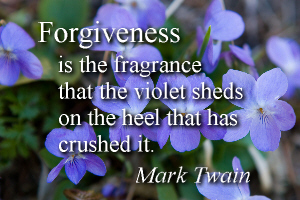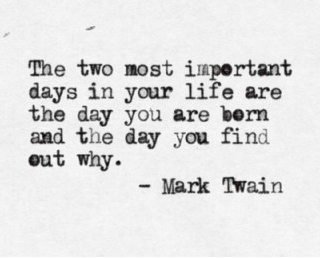The Internet is awash in bogus quotations and Mark Twain is a favorite “source.”
Here’s one that’s all over Facebook, and the first time I read it was early in the morning, spoiling an excellent cup of coffee: “Sometimes I wonder whether the world is being run by smart people who are putting us on or by imbeciles who really mean it.”
My warning bells went off immediately because the whole thing sounded too contemporary, especially “putting us on.” Not that Twain couldn’t be scathing about politicians. In A Tramp Abroad he wrote, “An honest man in politics shines more there than he would elsewhere.”
While I haven’t read nearly as much Twain as Eliot, I know The Gilded Age well, having read James, Howells, Wharton, and other novelists of that period extensively. I also researched it for a few years to write my own Gilded Age novel, Rosedale in Love: The House of Mirth Revisited.
The quote doesn’t show up anywhere as legitimately Twain’s, but it is definitely viral.
Then there’s this beauty:

Twain never said it, and it leads the list of the ten most famous bogus Twain quotes.
Why would anyone with half a brain or an ear for the English language think this could be by Mark Twain? It has no wit, no style, no soul. It’s all about mechanics and could have been written by a team putting together an instruction manual.
The Web is flooded with sites where Twain supposedly gives this banal advice, and because Twain supposedly said it, that means wow, it’s important, take note!
Twain is often picked as the avatar of what Oscar Wilde called “more than usually revolting sentimentality,” like this classic:
Could anyone who’s read Twain or even read about Twain possibly think he’d say something this smarmy and illogical? And if so, how?
It’s as incongruously Twain’s as this other quotation that’s run amok across the Internet, spread by people eager to associate any thought at all with some distinguished American author, preferably dead:
Yes, unbeknownst to most Twain scholars and fans, the great satirist really wanted to write greeting cards….
The maudlin violets quote has been been sadly mis-attributed to Twain for some decades with the help of the Dear Abby advice column. More recently, it got the imprimatur on NPR of self-improvement guru Dr. Wayne W. Dyer (W for Wikiquote?).
You’d think that someone looked up to for enlightenment by tens of millions of people might want to get his facts straight. All he’d have to do was consult Google to see the quote show up as problematic right away.
If you want to check a Twain quote yourself, it’s very easy. One resource is Snopes, which has its own Twain page. And there’s Barbara Schmidt’s web site TwainQuotes.com where you get the real man, not a fake reeking of Victorian sentimentality or bogus can-d0 spirit.
Lev Raphael is the author of Rosedale in Love and 25 other books in genres from memoir to mystery.



